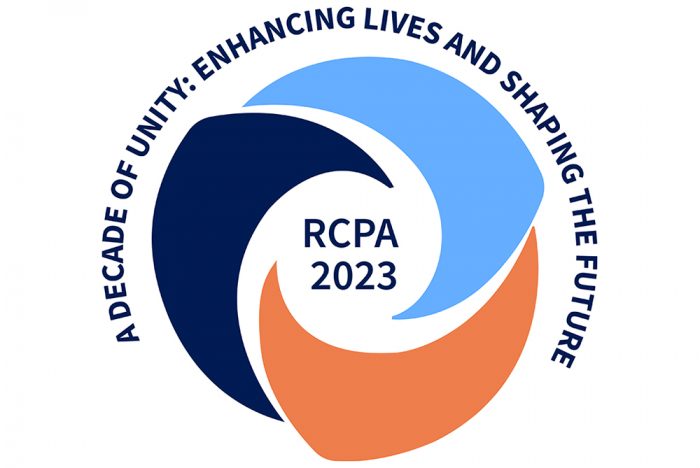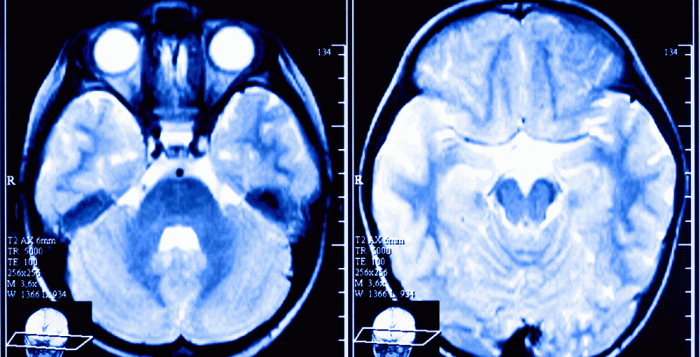On July 13, 2023, the Centers for Medicare & Medicaid Services (CMS) issued a proposed rule that announces and solicits public comments on proposed policy changes for Medicare payments under the Calendar Year (CY) 2024 Physician Fee Schedule (PFS) and other Medicare Part B issues, effective on or after January 1, 2024.
The calendar year (CY) 2024 PFS proposed rule is one of several proposed rules that reflect a broader Administration-wide strategy to create a more equitable health care system that results in better access to care, quality, affordability, and innovation.
The proposed modifications include several pertaining to telehealth policy in the Medicare program for 2024. One of the major takeaways from the proposed 2024 PFS is the clarification that certain telehealth flexibilities that were previously extended until 151 days after the end of the public health emergency (PHE) have now been extended until December 31, 2024, in accordance with amendments made by the Consolidated Appropriations Act, 2023. These extensions have been known since the CAA’s passage in December last year and has also been addressed in a series of fact sheets and FAQ documents.
However, there were also some new changes addressed in the 2024 PFS. For example, every year CMS will consider adding new services to their list of codes that are reimbursable via telehealth. While they did not decide to add any new codes on a permanent basis to the list (though many remain on the list temporarily through the end of 2024), they did propose to add a number of codes to Category 3 (CMS’ current temporary list), including certain codes for health and well-being coaching services. Additionally, CMS announced a proposed revision to their telehealth code classification process, moving from a Category 1, 2 and 3 classification system to a binary ‘permanent’ or ‘provisional’ classification in an attempt to simplify the process beginning in CY 2025. In order to make the steps for getting a code accepted for inclusion in either the permanent or provisional telehealth lists transparent, CMS proposes a five-step process that is detailed in the proposed 2024 PFS, which includes consideration of the evidence of clinical benefits.
A few additional changes proposed in the document are listed below:
- The list of telehealth practitioners is amended to recognize marriage and family therapists and mental health counselors as telehealth practitioners, effective Jan. 1, 2024.
- CMS will pay for place of service (POS) 10 at the non-facility PFS rate, while 02 will be paid at the facility rate beginning Jan. 1, 2024.
- Frequency limitation would be removed for subsequent inpatient visits through the duration of CY 2024.
- Multiple clarifications are provided for billing both remote physiologic monitoring (RPM) and remote therapy monitoring (RTM) codes.
- Direct supervision is allowed to include real-time audio video interactive telecommunication through Dec. 31, 2024 (including for FQHCs and RHCs). Direct supervision requirements are also addressed for occupational therapists in private practice (OTPP) and physical therapists in private practice (PTPP) for unenrolled physical and occupational therapists when providing remote RTM.
CMS will be accepting comments on their proposals until 5:00 pm EST on September 11, 2023, and RCPA will review the document and work with the National Council for Mental Wellbeing in drafting recommendations. We welcome provider feedback and comments to be included and ask that you contact and share these with your RCPA Policy Director.

















